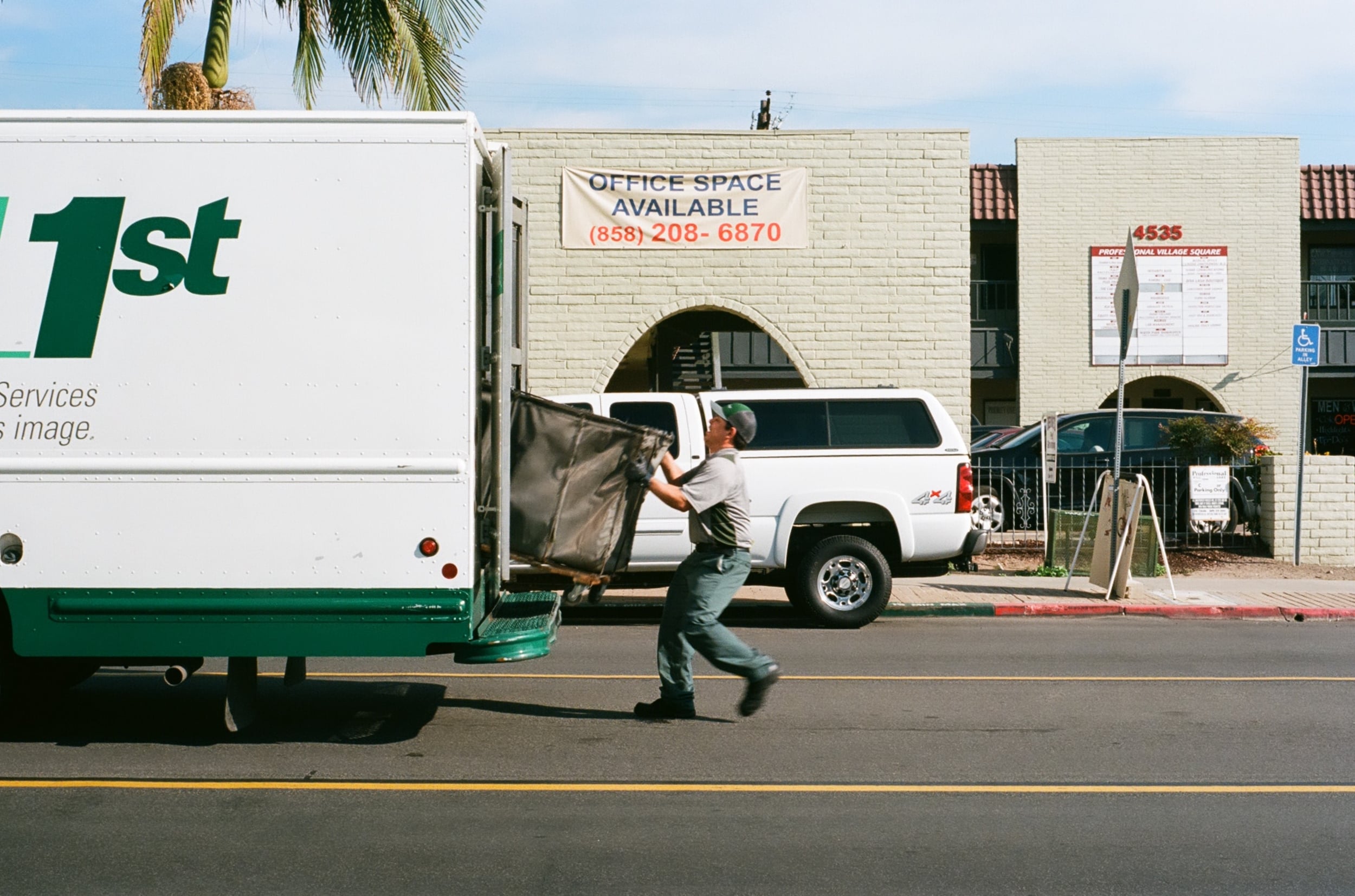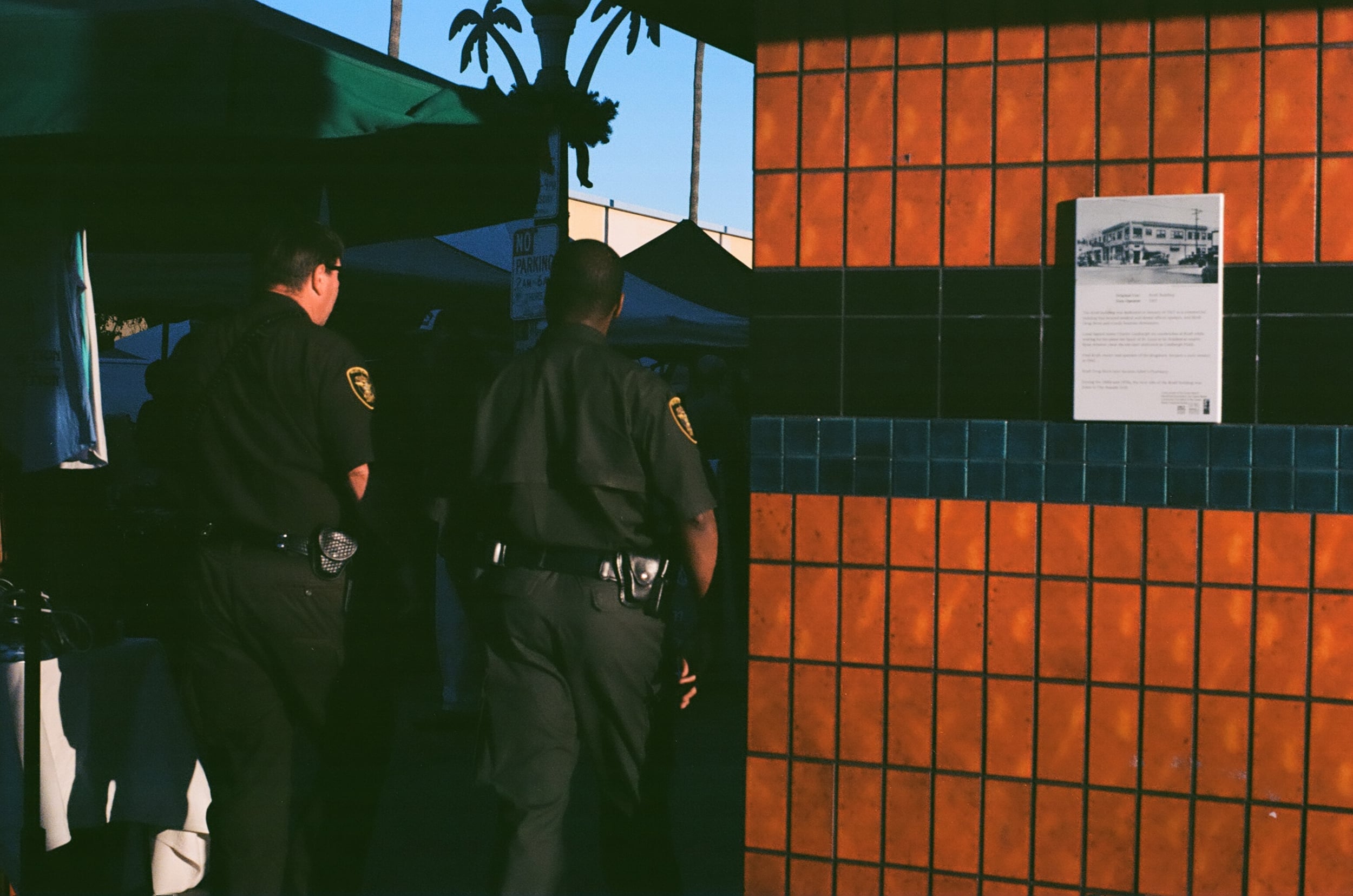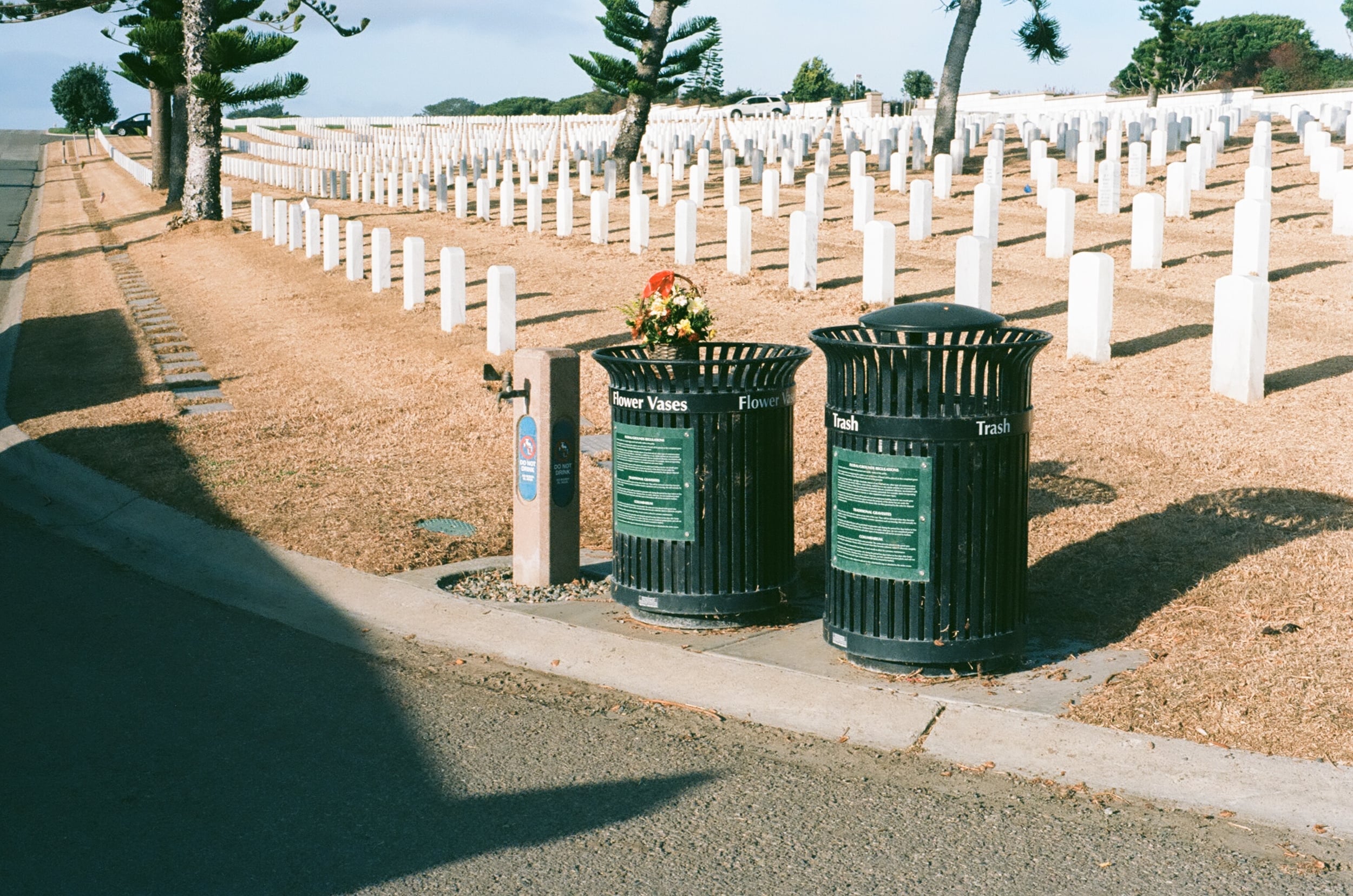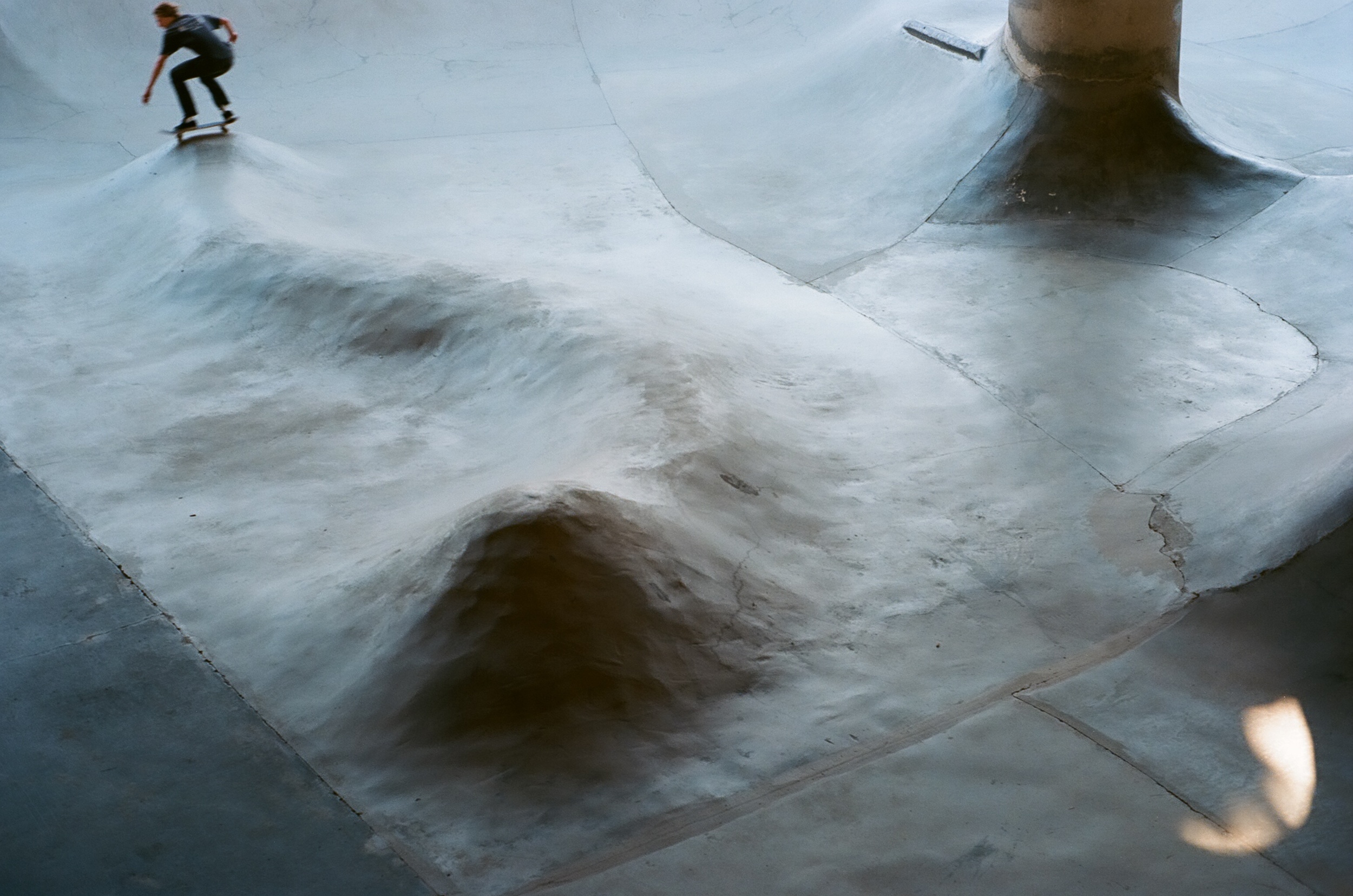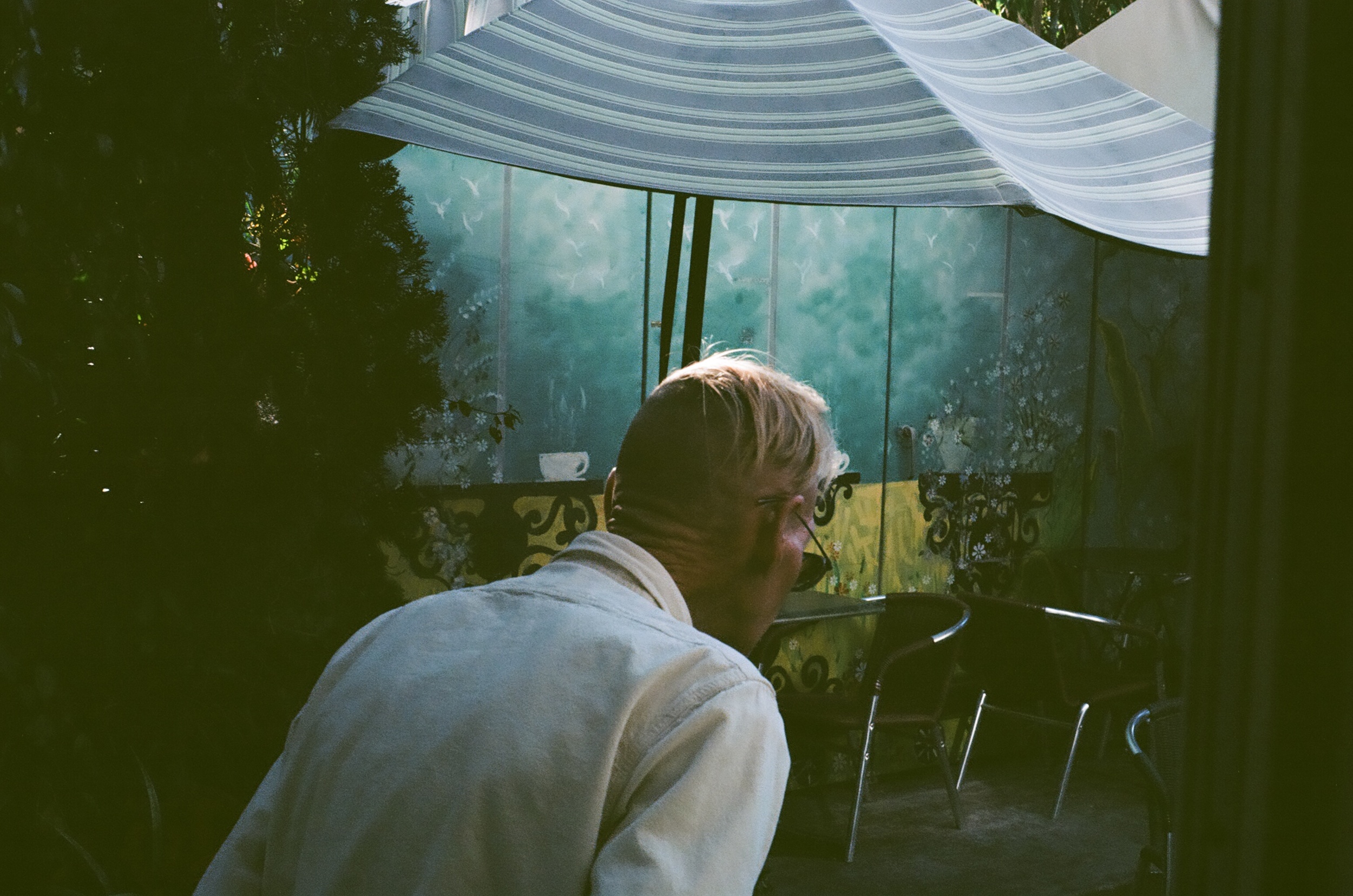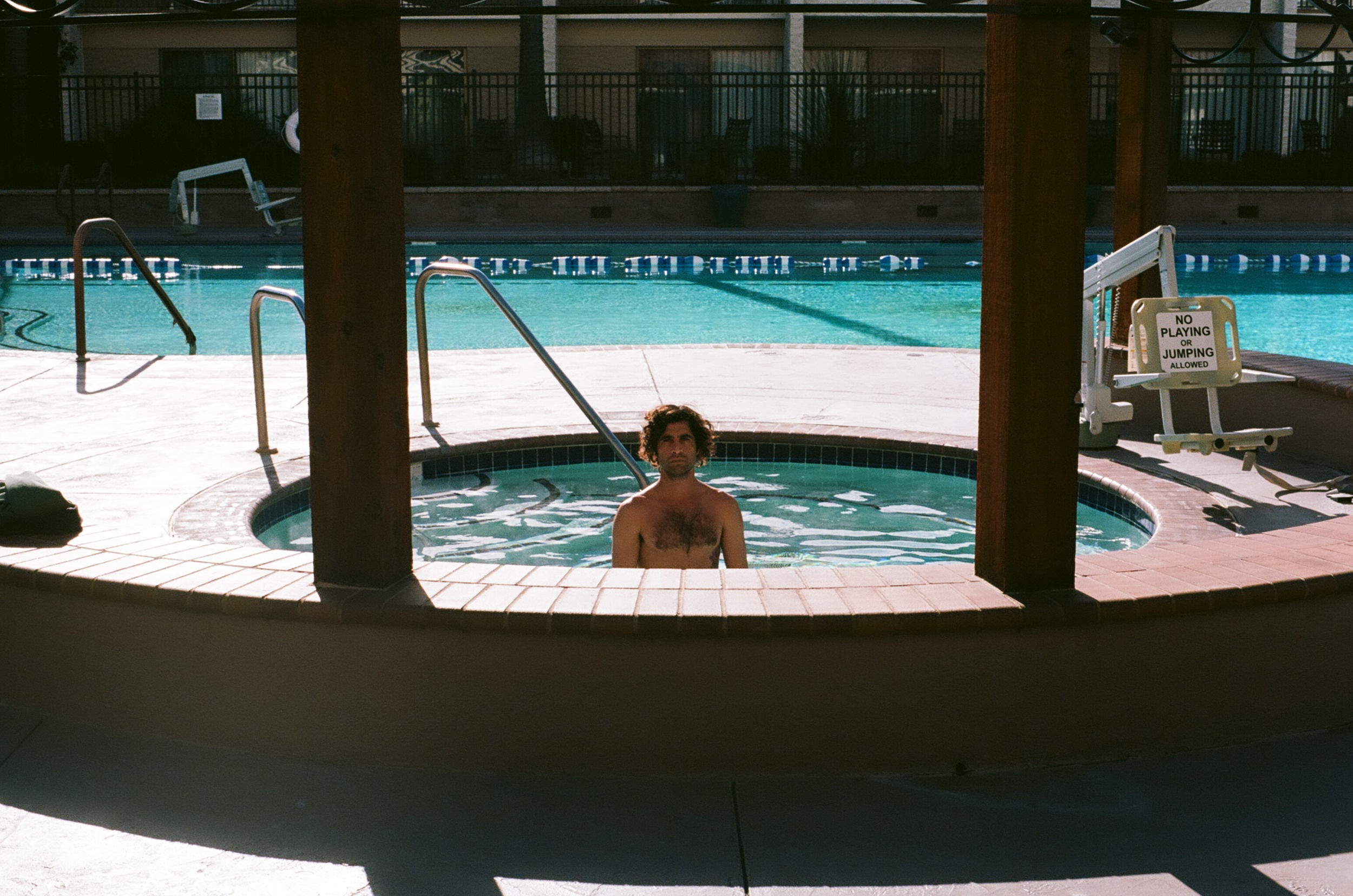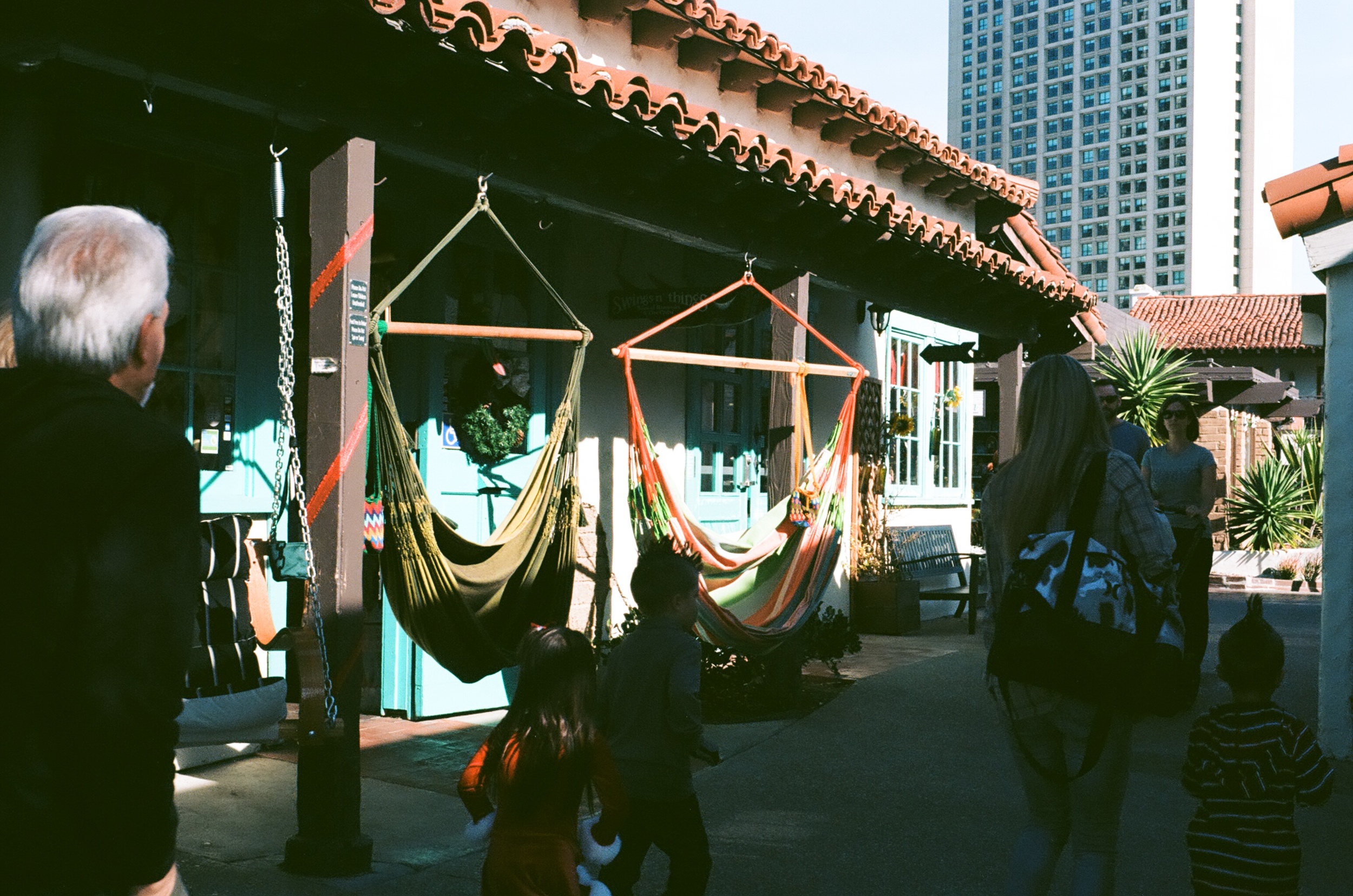A black helicopter with a skull painted on the door hovers over Quick Routes Computer Company in Yonkers. A siren extends out of the aircraft emitting a deafening shrill. Everyone working in the building collapses except for Jack Murphy. Jack is taking the readings for the generator and wearing his protective ear muffs.
"Expect chaos," says a hooded man. He's wearing sunglasses from the helicopter and holding a megaphone. The helicopter ascends. Similar helicopters fly throughout the area.
A frigid morning gust slaps Jack Murphy in the face as he runs from a screaming mob. "We're going to kill you!" a woman says. The people chasing him are his co-workers, but now they are raving maniacs and he doesn't know why. I have become a manager, start making six figures and everything goes to hell. It figures.
Jack clutches his cell phone as he runs from the mob. His terrified eyes scan Professional Avenue in Yonkers for a place to hide. He sees a large building behind a water tower.
A cold hand touches his neck. "Leave me alone, I worked too hard to get this job!" His legs push harder. How am I getting out of this?
Jack's ankle twists as he turns. The crowd behind stumbles like a basketball player who fakes left and goes right. It gives him precious seconds he needs as the horde loses speed.
Looking ahead, he sees a loading dock door. He tries the door, but it's locked. He finds a smaller door open to the left. Jack feels a knot in his hamstring and his back tightens up. I'm no spring chicken. I wish I was twenty-five instead of forty-five. He grips his chest as his heart is pounding.
A man behind Jack seems to know what Jack is trying to do. "You're not going to make it!" says a man. Jack's long legs run up the stairs, reaching the door. His momentum carries him from the door, but he pulls himself in the building. A hand makes it through as the door shuts and he hears a shout of pain. The bloody hand pulls back outside and he hears the pounding of several fists against the door. He breathes hard and the screams of the mob echo in the room that he is in.
Jack hears a dragging noise. His eyes widen and look into the blackness. Where am I? How big is this room?
Jack hears the noise gets closer. "Who's out there?"
The pounding of fists on the door stop. Jack's hands grope around the walls for a light switch. He trips and lands on the floor. He touches a hand. He screams and recoils trying to figure out the original spot where he came in, but the gloom isn't helping.
Jack stands up and feels the door where he came in. He wants to open the door and run. But, he remembers what waits for him out there. Jack pulls at his drenched shirt and licks his lips. I would love a cold beer.
Jack listens and the noise is closer. This room is bigger than I thought. I want this nightmare to stop. What are you going to do about this Jack?
He feels along the walls for a light switch. He's careful where he walks feeling where the body was and walks over it.
He powers up the light switch. I hope this is the correct one. No lights turn on, but the loading dock door begins to open. Streaks of sunlight come into the room and he sees a man with a cut throat. He's wearing a white shirt and black pants. The word SECURITY is on the shirt, but the blood that is dripping down from his neck blocks it.
Jack looks up the hill and can see his co-workers huddled together like a football team.
A man dressed in an Armani suit points a finger at Jack. "We're going to get you," he says. The mob runs at Jack and he slams the door.
A door opens at the back and the lights turn on the loading dock. Jack sees a white-haired man gripping a pipe with the word SECURITY on his shirt. "Who's in here?" He says. His belly sticks out and from a distance and he looks like Santa Claus without the beard.
"There is something else in this room, watch out," Jack says.
Now, the source of the dragging is visible. A fallen man lunges at Jack with his right hand while his left hand is pulling his body along with two broken legs.
"I thought I killed this maniac," says the guard. He walks behind the man on the floor and raises the pipe above his head. A shirt button pops open from his huge gut and brings the pipe down on the man. The skull crunches.
"That should take care of that," the guard says. He wipes sweat and blood off his face. His cheeks sag on his face and his eyes fall back in his head. "This guy tried to murder me and killed my co-worker over by the door. He is a member of our engineers then he goes nuts. You're not one of these lunatics, are you?" He points the bloody pipe at Jack.
Jack puts his hands up. "No, I haven't lost my mind yet. I'm Jack, by the way."
"Oh, that is nice to hear. My name is Frank."
Frank puts down the pipe. Frank and Jack shake hands. Jack's muscular arms tense as they shake. Frank's flabby triceps swings back and forth like a pendulum.
Frank sits on a crate, putting his hands on his belly. "So Jack, do you have any idea what is going on?"
"Frank, I'm in the dark as much as you, but what I remember is taking the readings on the generator. I wore my ear muffs and when I came back out of my office everybody collapsed. A black helicopter was flying away and I heard someone from the aircraft say expect chaos. Somehow I wasn't affected."
"That is strange and I had a similar situation. I was monitoring the building and looking at the cameras. I wore my headphones and listening to music. A couple of minutes later everybody passed out. There was a black helicopter hovering over the building and then it took off. I had the music on too loud, but that is the way I like it."
Jack rubs his hands through his blond hair trying to make sense of the situation. "We were both wearing ear protection and nothing happened to us. "Did you call the police?"
"Yes, I tried several times. I can't get through. I keep getting a busy signal."
Jack dials 911 and gets a busy signal. "Impossible, you're not supposed to get a busy signal for 911!"
Frank rubs his chubby fingers across his face and then through his thin white hair. "Perhaps, this is a terrorist attack. We both saw strange helicopters in the sky and now people are running around crazy."
"Where does that stairwell, go?"
"That goes to the roof."
"Let's check it out and see if we can figure out what is going on."
On a cloudless day in Yonkers, several black helicopters loom as if part of an invading force. Jack and Frank look down and view a woman with her hands up. A truck runs her over. A group of shrieking maniacs chases a man who tries climbing over a fence. Before he can get his foot over the fence, they grab his leg and he slams to the ground. They beat him to death and move on. Several buildings are on fire and coarse smoke rises, blackening the sky.
"Everyone has lost their mind," Jack says. He holds the edge of the roof staring at the mayhem.
A blonde haired woman with soot on her cheeks and a ripped blue dress approach them from below. One of her heel breaks and she clops along with a mob close by.
She waves at them. "Help me!" she says.
Frank grabs Jack's arm. "We have to go down and help her."
Jack pulls away from Frank's arm. "Hell no, if we go down there we will get ripped to shreds. We can't chance it."
The woman pounds on the door below them. "You've got to help me; they are going to kill me!" The crowd approaches the woman.
Frank goes to the door that leads downstairs. "I'm going to help her. Are you coming?"
"Save your breath, it's too late. They have her." Jack points and they see the woman dragged away.
"Noooo!" she says. The mob drags her away. Her shoe with the cracked heel drops and lies forlorn in the street.
Frank grabbed Jack by his shirt. "What the hell has come over you? We could have saved that girl."
Jack pushes his arms up to break free of the grip and backs away.
"If we went down to help her we could have let those crazy nuts inside with us. Then we would be dead now too." Jack says.
"You have a great deal to learn. You are all about yourself."
Jack towers over Frank. "I don't believe so, old man. My father, Sean Murphy, came over from Ireland with nothing. He finds a job as a cop in the city. He busts his ass helping people for twenty years in the worst neighborhoods so he can get a pension at the end. On his last day of work, he helps an old woman across the street in the projects in Harlem and gets run down by a truck. The driver takes off and he lies in the street bleeding to death while nobody raises a finger to help him. He dies three days later. My mom is heartbroken. Anytime I come over to visit her she gets upset because she says I remind her of my dad. I'm an only child so I don't have much of a family. I wish I could have saved my dad."
Frank looks at the smoke-filled sky. "I feel sorry for your dad and God bless."
"Yeah, thanks. I'm not entirely sure I believe in God now after everything that has happened to me and now this disaster. That's why I'm watching out for myself and you should as well. I'm never getting married and bringing any children into this cruel world. I'm working out, playing the field, hitting the bars and not getting too attached to any woman. I worked hard getting an education through high school and college in management and computers. I got the manager's job at Quick Routes which is the leading computer and router company in the world. I like to do everything myself and be in control. My next step is to get my boss's job, and I plan on owning this company one day."
In the distance, a building explodes, which shakes the foundation they are standing. Swirls of red fire rise and a cloud of ebony smog billow up. Out of the soot and smoke, a police car streaks down the hill toward them and crashes in the front door of their building. The drivers head and hands fly over the wheel and lie there. On the door in large letters, Jack sees YONKERS P.D. LOYALTY AND VALOR FOR THE COMMUNITY. The crowd sees the police car and run towards it.
Frank grips Jack's arm and loses his balance. "We have to go help him, Jack."
"What are you saying? What is wrong with you?"
Frank grips his chest and falls to the ground. "My heart, so much pain." Frank's right cheek scrunched. "You have to save him, Jack."
Jack grabs the pipe from Franks' fingers and looks over the roof. He sees the police car. The specter of his father, Sean Murphy, hangs over the police car like an omen. He remembers his dad dressed in his blue police uniform. His dad had dirty blond hair and wore a military buzz cut. His dad held him in the air and laughs. His Father had a heavy Irish brogue. "That's a fine lad," he says.
Several hands pound on the police car. The cop is motionless. Jack fingers run down the stairs and goes outside. If I can't save you, dad, maybe I can save this cop.
A stunning brunette, wearing a blue business suit sees Jack first. She points at him with her left hand and her pink lips sneer. She runs at him. Jack's fingers clutch the pipe. His muscles clench and swing the pipe at her attractive legs. The woman's purple nails, try to scratch his face. Her diamond ring glints in the sunlight. He slides like a base runner stealing second and knocks her legs. She lands on him and scratches his forehead with her ring. Jack pushes her off. His eyes sting from the blood and sweat.
Jack grabs his forehead and tries to contain the blood. He gets up and cracks her in the head with the pipe. She lies motionless. He feels a punch in his back and realizes that the others are attacking him.
The crowd looks at each for a moment and Jack realizes that he knows all three. Fred Sampson, his assistant manager, has his shirt torn open with specks of blood on his chest. Fred's eyes glare and his fingers dig into his hands. Phil and Henry, his technicians, are both wearing a contorted mask of rage. What is becoming of these people?
A bullet whizzed by his ear. "Sorry," the police officer says. The cop's arms draped over the door with his gun in his hand. Blood drops out of his nostrils. He looks eerily like his father. Jack sees the same blue eyes and short dirty blonde hair as his dad.
The enraged mob approaches Jack. The cops aim is better and wounds Fred's leg. Phil and Henry look at their fallen comrade and Jack hits them both in the head with the pipe. All three men lay motionless on the ground.
Jack sees a U.S. Army Black Hawk helicopter approaching one of the black aircraft like an eagle closing in on a crow. They open fire on the enemy helicopter; deafening machine gun fire pelts the whirlybird. Smoke seeps out of the enemy helicopter and it starts to whirl. It crashes into the woods and frightened deer scatter. Army helicopters and jets are on the scene taking out the rest of the enemy helicopters. Some of them are able to escape.
Jack notices the people running around like psychopaths have changed. They stopped their destruction and look around as if they have come out of a dream. He sees them dropping sticks, knives, and bats that they have taken. They return to their jobs, unsure why they have left.
An Army truck rolls up to Jack and the Police Officer. "Thanks for assisting me," the cop says.
Jack helps the police officer out of the car. "I'm Ron Dean," he says. He shakes Jack's hand. "I thought I was a dead man when those lunatics came at my car."
"You're welcome. My father was a police officer in the city and you remind me of him."
"He must be proud of you."
Several soldiers step out of the truck and go towards them.
"Is everyone okay?" "I'm Lieutenant Jones from the Westchester National guard."
"This police officer needs help," Jack says. Jack has one of the cop's arms over his shoulder. "There is also a security guard on the roof that appears to be suffering from a stroke."
The soldiers help the officer and run up to the roof to help Frank.
"Lieutenant, do you know what caused this chaos?" Jack asks.
"We believe it was a terrorist attack. But no one has claimed responsibility, including Al Qaeda and ISIS. We think they used some type of ultrasonic weapon to brainwash people to carry out their bidding. This group managed to cut off communications in this area. But we were able to return everything to normal. These people had no idea what they were doing and were following the commands of this secret organization."
An ambulance arrives and the soldiers are carrying Frank on a gurney. Jack walks over to see him wearing an oxygen mask. "You're going to be okay." Jack shakes his hand.
Frank takes off his mask. "See, you can put others ahead of you and don't always have to act like a selfish jerk."
Jack smiles. "You're lucky you are in that stretcher, old man."
Frank grabs Jack's arm. "Why don't you go see your Mom? It's not too late."
"That's a good idea." Jack turns to the police officer and sees the ghost of his father smile.
Jim Keane is a fiction writer with a BA in English from Mount Saint Mary College. He's attended several fiction/creative classes. He lives with his family in Westchester, New York.


